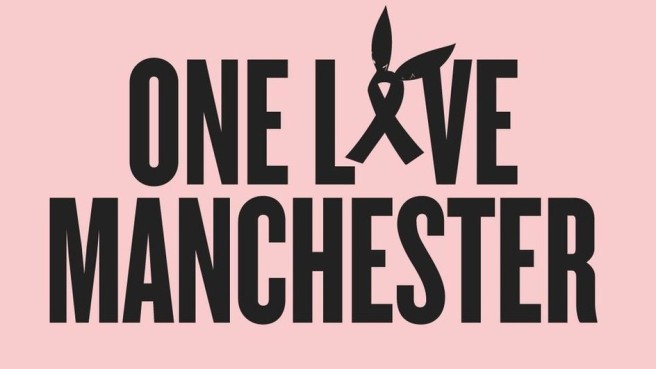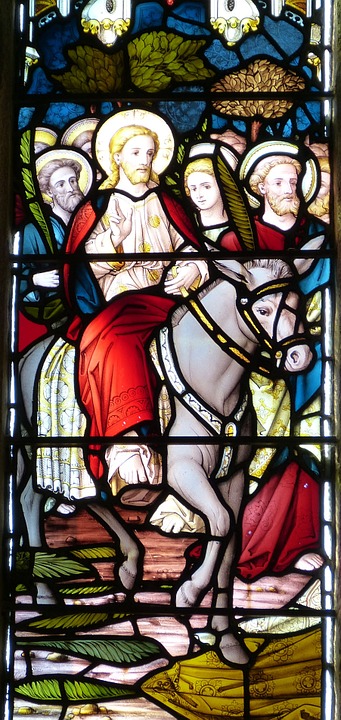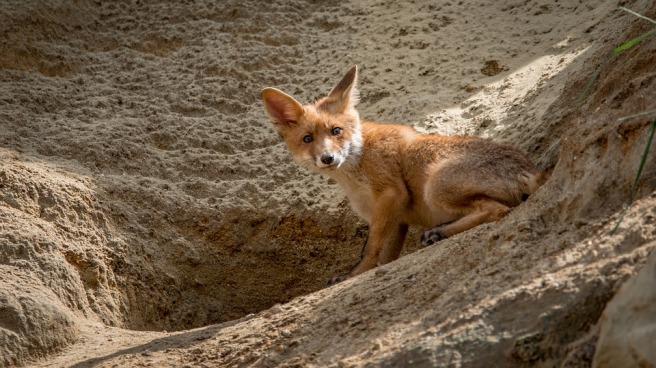
My friend messaged me this morning saying she felt like going into hibernation. The news, the weather, the state of the world in general – what’s the point of getting up? As someone who has been known to work at home because it was too rainy to go to the office, I totally sympathised and thought about going back to bed. Whilst miserable weather pails into insignificance compared to the violence that is inflicted by humans on other humans every day, it feels like it both reflects something of the mood of the nation, and also compounds what seems to be a particularly depressing period in our common life.
Terror attacks happen all the time. They are a feature of the world we live in, but we are not, at this time in England, used to them happening with such frequency so close to home. These events – when you know someone who knows someone who knows someone; or when you were just at a concert there, or walked over that bridge last week – intrude on our awareness in a way that a bus bomb in Syria may not. And as well as being devastating for those directly affected, it is scary and unsettling and the world stops feeling like home and feels hostile and frightening.
So staying in bed seems like a pretty good option. But, withdrawing from the world because too much of it is horrible is the very last thing we should do. This was very convincingly demonstrated by the One Love concert in Manchester on Sunday; a powerful reminder that love is indeed a stronger force than hate. Matching hate with more hate can only increase the amount of hate in the world. Matching hate with love changes the world back from being hostile, to being home. That is why the actions of taxi drivers giving free lifts, people opening their homes, police dancing with kids enjoying the concert and performers standing in a place of darkness and singing of love, all matters so much. And it’s why it matters that we don’t withdraw from the world. We don’t give up on politics because they’re all as bad as each other; we don’t lazily assume that a few people bent on destruction and caught up by hatred can represent a whole religion; we don’t stay in bed because it’s safe and we don’t return hate with hate because it seems like the strongest response.
Jesus’s instruction to love your enemies and pray for those who persecute you is pretty well known. And if you forget its familiarity and hear it as something new, that we are being asked to do right now, it’s a preposterous teaching. Choosing love isn’t just love for the victims of our enemies, but also for our enemies themselves. This surely is more than should be asked of us! But refusing to hate those who have chosen to make themselves our enemies prevents us from buying into their view of the world. We are not divided into people who deserve to be loved and people who deserve to be hated. We are one people, capable of one world-changing, radical, transformative love. And that is worth getting out of bed for.
LH








